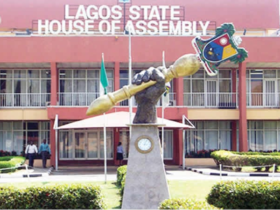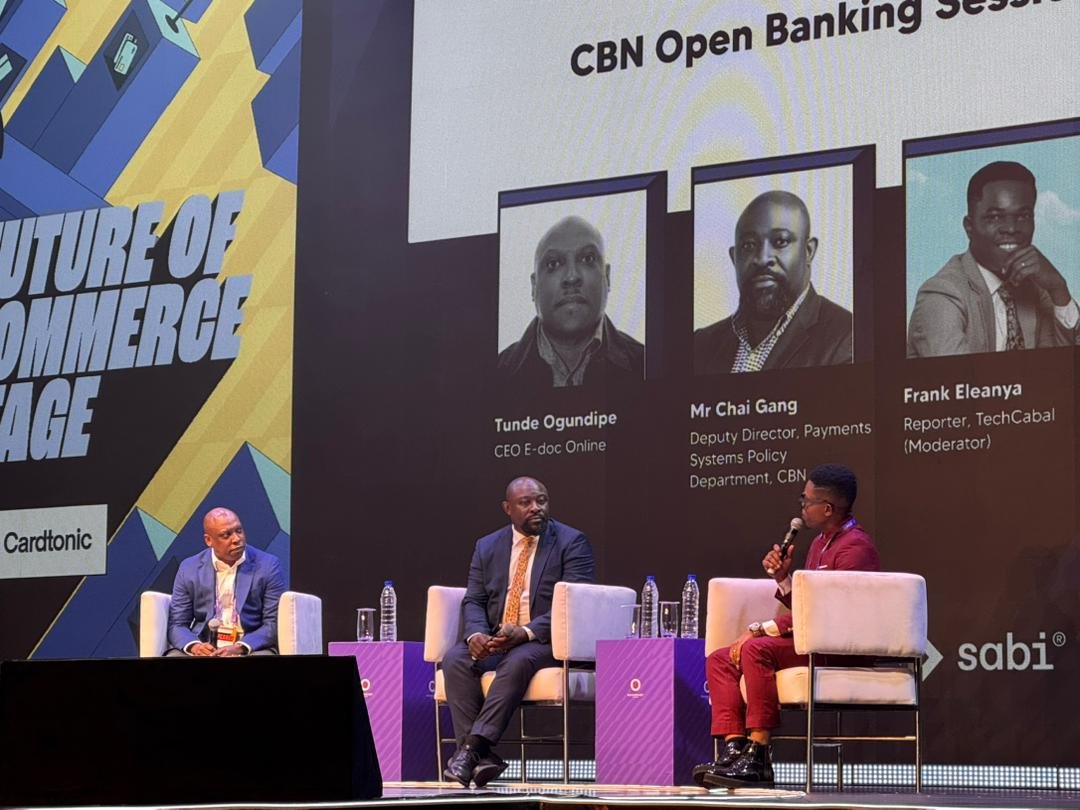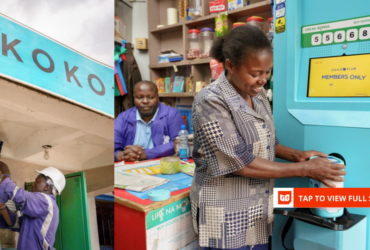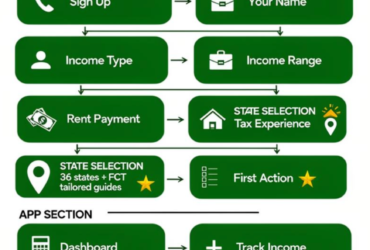The Central Bank of Nigeria (CBN) says open banking has not gone live yet, despite expectations of an August 2025 rollout. However, the regulator insists progress is being made on governance structures and API standardisation needed to make the system safe and functional.
“Open banking hasn’t gone live yet,” said Chai Gang, Deputy Director at the CBN’s Payments Systems Policy Department. “We’ve put together a governance structure and are building a standardised API template. It will happen soon.”
Gang spoke on Thursday during a panel session at Moonshot by TechCabal, where he joined Tunde Ogundipe, CEO of E-doc Online, an open banking data infrastructure platform for emerging markets, to discuss the policy’s state of play.
The CBN issued operational guidelines for open banking in March 2023, but technical and regulatory groundwork is still underway before a full launch. The regulator did not confirm a new timeline for launch.
“There are the guidelines for open banking in Nigeria and the framework for open banking in Nigeria,” said Gang. “We must be careful who has access to customers’ personal data.”
Open banking allows licensed financial institutions and third-party providers to share customer-permitted data via APIs. Once live, it could unlock new digital financial products and deepen access to credit across sectors.
“One of the strongest foundations for open banking is customer consent,” said Gang. “We are building an automated process to ensure customers know what data is used, for how long, and can revoke permission anytime.”
A new catalyst for deeper financial inclusion
Ogundipe said strong collaboration and trust across the ecosystem would define success. This success for open banking needs strong customer consent. It also needs banks working with fintechs, and a digital economy driven by collaboration, not market cannibalisation.”
“Open banking promotes financial inclusion and will serve as a foundation for more SMEs to have access to credit, bringing more people into the financial services ecosystem,” said Ogundipe, emphasising how open banking drives financial inclusion in rural areas.
Nigeria’s roughly 40 million small businesses often lack collateral or formal records, leaving them excluded from lending. Shared data could help build alternative credit histories that unlock access to capital.
Open banking—but who controls what?
When Nigeria’s open banking economy finally goes live, Gang said the regulator would assign responsibility in the event of a data breach, an issue that has raised concern as more entities prepare to handle customer information. According to him, liability depends on where the breach occurs.
Licenced operators will handle customers’ personal data and be held accountable in the case of breaches, while unlicenced entities can only work with anonymised, non-personal data.
“Liability lies with whoever loses the data,” said Gang. “Data at rest or in flight must be protected, and whoever fails to do so bears responsibility.”
He explained that both licensed open banking operators and non-regulated entities will be required to maintain strict safeguards once customer data is in their custody.
A framework for decision-making
Ogundipe described the integration challenges operators currently face when pulling data from banks. Open banking will change that.
“Integrating with 27 banks means 27 different APIs—it’s a nightmare,” said Ogundipe. “Open banking consolidates that. One API, one standard, one registry. It reduces fraud risk and saves months of work.”
Decision-making is also critical in the open banking economy. The system needs a structured but decentralised framework that ensures fairness to all fintech entrants and players that need to integrate with the traditional banking system.
“If you leave it to the banks, it will be very difficult,” said Ogundipe. “It has to be on an equal footing for all players.”
The existing framework gives banks a template on how to work with licenced and non-licensed players that want to integrate into the open banking space, easing decision-making for the banks.
Stablecoins may have a role in open finance
On the panel, Gang confirmed the CBN is studying how virtual assets fit into Nigeria’s regulatory framework.
“The CBN is looking at these innovations [virtual assets],” he said. “We are not unaware that virtual assets, especially stablecoins, are being used in the country.”
Yet he warned that most stablecoins are dollar-denominated and could affect monetary policy if used widely for retail transactions.
“We are working with other agencies, like the SEC [Nigeria’s Securities and Exchange Commission] to understand the impact, but these are conversations that need to happen.”
Nigeria’s open banking framework remains one of the most ambitious in Africa, but the CBN insists a cautious rollout is the only way to preserve trust. As Gang noted, the architecture is being built carefully, step by step, before the system goes live.














Leave a Reply